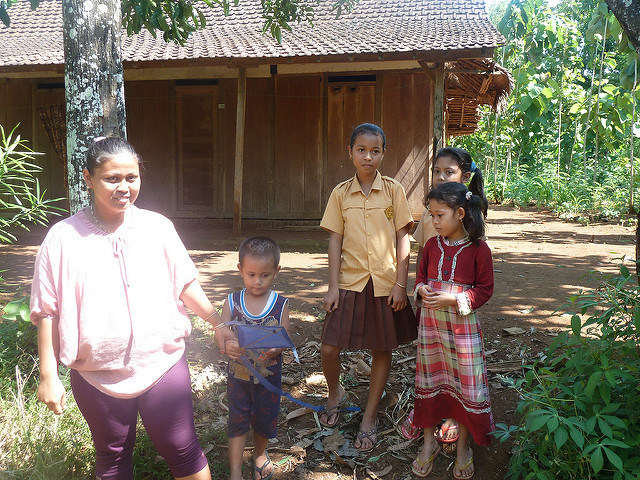Published: 2011
El Principio 10 de la Declaración de Río indica que el mejor modo de tratar las cuestiones ambientales es con la participación de todos los interesados, según el nivel que corresponda. Esta participación implica al menos tres aspectos: acceso adecuado a información sobre el ambiente de que dispongan las autoridades públicas; oportunidad de participar en los procesos de adopción de decisiones; y acceso efectivo a los procedimientos judiciales y administrativos.
Transcurridos casi veinte años de la Declaración, el país ha avanzado significativamente en el tratamiento legal e institucional de estos tres aspectos. Contamos con una ley orgánica que regula la obligación estatal de proveer información al público; con algunas disposiciones y jurisprudencia relacionadas con la participación de ciudadanos y colectivos en los procesos de decisión sobre temas ambientales; y con diversas disposiciones legales e innovaciones institucionales de protección judicial del ambiente. Más aún, contamos con una Constitución que ha sido celebrada como progresista en temas ambientales y en la garantía de derechos en general.
A pesar de estos esfuerzos, la participación de todos los interesados no es aún una práctica generalizada en el país en el manejo de las cuestiones ambientales. Las razones son diversas y de distinta índole.
Este manual es un esfuerzo por proveer al público una explicación breve y sencilla sobre los mecanismos disponibles en el Ecuador para ejercer el derecho de acceso a la información ambiental. Partimos de una referencia conceptual sobre qué es información ambiental y cuál es su importancia en la gestión y gobernanza ambiental. Posteriormente, abordamos el derecho de acceso a la información y la normativa vigente, para luego revisar los mecanismos de acceso a la información pública previstos en la Ley y su garantía en la Constitución vigente desde 2008.
El objetivo es presentar las principales herramientas existentes para el acceso a la información previstas en la legislación ecuatoriana y cómo hacer uso de esos mecanismos.
En la nueva Constitución del Ecuador se establecen derechos de participación para la ciudadanía, y nuevos espacios y mecanismos de participación social que permiten que, de una manera formal y legal, los ciudadanos y ciudadanas ejerzan el derecho a la vigilancia, la participación ciudadana y el control social al sector público.
En este contexto, el disponer de información clara, veraz y oportuna es fundamental. Cuando cada ciudadano está bien informado e involucrado en los problemas del país, está más empoderado para cuestionar las decisiones del gobierno y de los decidores del sector empresarial, y más capacitado para involucrarse en los procesos de cambio político y social.
Por otro lado, el reconocimiento de los derechos de la naturaleza y el buen vivir, implica que la información ambiental revista mayor importancia para el desarrollo del país, y para el ejercicio de estos derechos.
El escaso acceso y mal uso de dicha información, si bien se debe en gran medida a la falta de concienciación sobre la problemática ambiental, responde en gran parte a otros actores, como la falta de generación de información ambiental (IA) basada en las necesidades de usuarios, la incoherencia y falta de continuidad de los datos y análisis producidos por entidades del Estado y por instituciones privadas, la inexistencia de canales adecuados para producir y difundir información.
